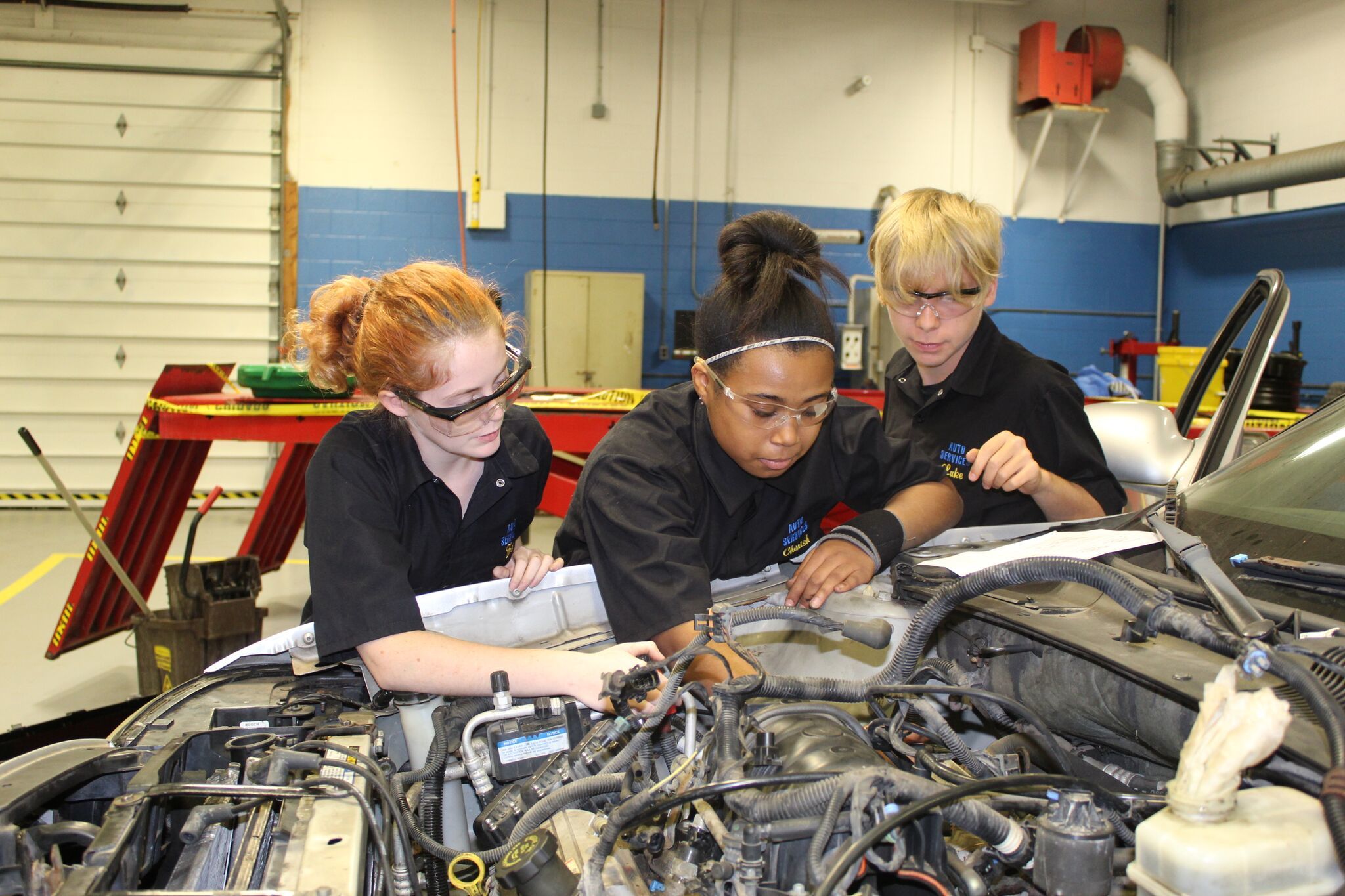All Categories
Featured

Your car's engine is the heart of your lorry, and keeping it in top problem is essential for optimum efficiency and durability. Routine engine tune-ups are a fantastic means to preserve your auto's health, boost gas effectiveness, and stay clear of costly repairs in the future. Whether you're an automobile enthusiast or someone who simply intends to maintain their automobile running efficiently, these engine tune-up ideas will assist you get one of the most out of your auto.
- Replace Spark Plugs. Spark plugs play a vital role in beginning your engine and guaranteeing smooth combustion. Over time, trigger plugs can become dirty or worn, bring about misfires, minimized gas efficiency, and rough idling.
During an engine tune-up, evaluate and replace your ignition system if necessary. Many automobiles call for new ignition system every 30,000 to 100,000 miles, depending on the type. Frequently replacing stimulate plugs ensures proper ignition and ideal engine performance.
- Check and Clean the Air Filter. The air filter protects against dirt, dirt, and debris from entering your engine. A clogged up or unclean air filter limits airflow, creating your engine to work more difficult and burn even more gas.
Check your air filter during a tune-up and replace it if it's unclean. In messy atmospheres or locations with heavy pollution, you might need to change the air filter extra often. A clean air filter can boost gas efficiency and extend the life of your engine.
- Examine and Change Belts and Hoses. Belts and hose pipes are essential for various engine functions, such as powering the alternator, water pump, and air conditioning system. With time, these components can split, fray, or break, possibly bring about breakdowns.
Throughout a tune-up, check belts and tubes for indicators of wear and change them if needed. Changing these components proactively can conserve you from pricey repairs and avoid unanticipated failures.
- Tidy the Fuel System. Your gas system, consisting of the gas injectors and gas lines, can gather dust and carbon deposits with time, decreasing engine performance. Cleaning the fuel system throughout a tune-up aids improve efficiency and fuel economic climate.
You can use a gas system cleaner or have a professional mechanic do a more comprehensive cleansing. This step is particularly vital for older automobiles or autos that often drive in stop-and-go website traffic.
- Check the Battery and Billing System. A healthy battery is vital for beginning your engine and powering electrical elements. Throughout a tune-up, evaluate the battery terminals for deterioration and make certain the connections are limited.
Inspect the battery's voltage and change it if it shows indicators of weakness. Additionally, have the alternator and charging system examined to guarantee your battery remains charged during procedure.
- Change the Engine Oil and Oil Filter. Oil modifications are a fundamental part of engine maintenance. Engine oil lubes moving components, decreases rubbing, and aids regulate engine temperature. Over time, oil becomes polluted and sheds its effectiveness.
Throughout a tune-up, change the engine oil and oil filter to keep your engine running efficiently. Follow your car's manufacturer referrals for oil type and adjustment intervals.
- Inspect the Cooling System. The air conditioning system prevents your engine from overheating. Over time, coolant can degrade or come to be contaminated, lowering its performance.
Check the coolant degree and condition throughout a tune-up, and flush and change it if needed. Examine the radiator, water pump, and pipes for leakages or damage. A properly maintained cooling system helps your engine operate at the ideal temperature level and stops overheating.
- Evaluate the Ignition System. A damaged ignition system can create beginning concerns and lowered engine performance. Throughout a tune-up, evaluate the ignition coils, representative cap, and blades (if applicable) Replace any components that show signs of wear or damage to guarantee smooth and dependable engine operation.
- Pay Attention for Unusual Sounds. Throughout a tune-up, seize the day to listen for any kind of uncommon engine sounds, such as knocking, ticking, or hissing. These noises can show underlying issues, such as shutoff problems, loose components, or exhaust leaks. Resolving these problems early can prevent much more substantial damage.
- Use Quality Components and Fluids. When executing an engine tune-up, constantly utilize high-grade components and liquids that meet your car supplier's specifications. Affordable or wrong elements can compromise your engine's performance and reliability.
Conclusion: A Well-Tuned Engine is Key to Durability. Regular engine tune-ups are necessary for keeping your auto's efficiency, efficiency, and integrity. By changing used components, cleaning essential systems, and attending to potential issues, you can keep your engine running efficiently for years to find. Whether you're doing it yourself or counting on a trusted mechanic, investing in tune-ups is a wise method to safeguard your car and appreciate a much safer, smoother ride.
Latest Posts
Why Chicago Drivers Trust Montclare Auto Repair for Dependable Service and Significant Savings
Explore Special Auto Repair Specials in Chicago at Montclare Auto Repair
Explore the Leading Auto Repair Discounts in Montclare, Chicago
More
Latest Posts
Why Chicago Drivers Trust Montclare Auto Repair for Dependable Service and Significant Savings
Explore Special Auto Repair Specials in Chicago at Montclare Auto Repair
Explore the Leading Auto Repair Discounts in Montclare, Chicago
